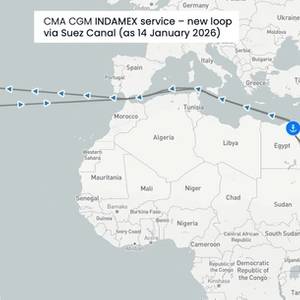
Major carrier CMA CGM has announced its INDAMEX service will transit Suez Canal on fronthaul and backhaul voyages between India/Pakistan and US East Coast in a notable step towards a largescale return of container ships to the Red Sea region.The first vessel to complete a full service loop via Suez Canal will be CMA CGM Verdi, sailing from Karachi to New York on 15 January.
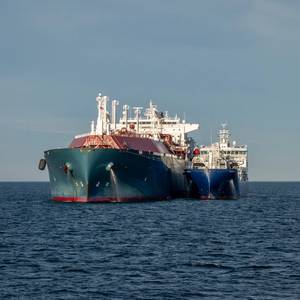
A sanctioned liquefied natural gas (LNG) tanker made a ship-to-ship (STS) transfer off the coast of Malaysia after picking up a cargo from a Russian export terminal also under Western restrictions, according to two analytics firms.The operation appears to be the first known STS transfer of sanctioned Russian LNG, despite Western efforts to curb Moscow's energy revenues over its war in Ukraine.
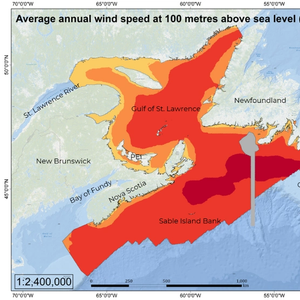
Sean Fraser, Canada’s Minister responsible for the Atlantic Canada Opportunities Agency, has announced that strategic direction has been given to the Canada–Nova Scotia Offshore Energy Regulator as a next step toward realizing Canada’s first-ever offshore wind project.Fraser made the announcement on behalf of Tim Hodgson, Canada’s Minister of Energy and Natural Resources
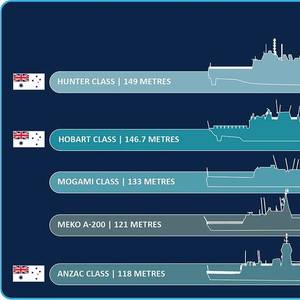
The Australian Government is accelerating the delivery of a larger and more lethal surface combatant fleet with the selection of the upgraded Japanese Mogami-class frigate as the preferred platform for the Royal Australian Navy’s future fleet of general purpose frigates.Mitsubishi Heavy Industries’ Mogami-class frigate was assessed as best able to quickly meet the capability requirements and
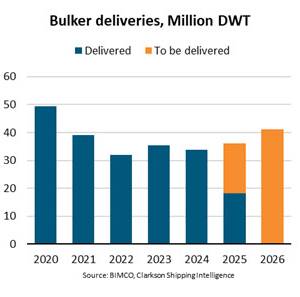
“We forecast that bulker deliveries will gradually increase this year and in 2026, reaching 41.2m Deadweight Tonnes (DWT) and a six-year high. Bulker newbuilding contracting was strong in 2023 and 2024, and several of the ships ordered during this period are expected to be delivered during this and next year,” says Filipe Gouveia, Shipping Analysis Manager at BIMCO.Of the 59.
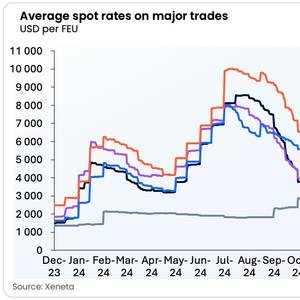
The prospect of a large scale return of container ships to the Red Sea following the announcement of a ceasefire between the US and Houthi militia in Yemen would flood the market with shipping capacity and cause a global collapse in freight rates, but the situation remains far from certain.

CAPE Holland, a global leader in offshore industry foundation installation equipment and a company within the Venterra Group, announced that it has secured a contract with CDWE for the Fengmiao Offshore Wind Farm project in Taiwan. Under this agreement, CAPE Holland will supply its CAPE VLT-640 Tandem Vibro Lifting Tool for the pre-installation of foundation (FOU) piles and offshore substation

On January 6, 2026, Ms. Laura DiBella of Florida was sworn in as a Commissioner of the Federal Maritime Commission (FMC or Commission). Commissioner DiBella will serve for a term that expires on June 30, 2028. Commissioner DiBella was nominated by President Trump on September 3, 2025, confirmed by the United States Senate on December 18, 2025
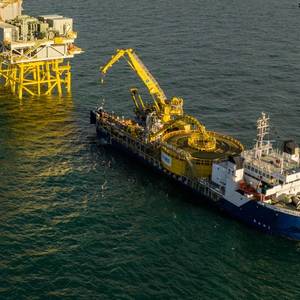
Enshore Subsea has installed the first of two offshore export cables at Inch Cape offshore wind farm, using the CMOS Installer cable laying vessel.Operating from the Port of Blyth, the vessel installed the first of two 85-kilometre export cables for the 1.1 GW offshore wind farm, being built off the east coast of Scotland.
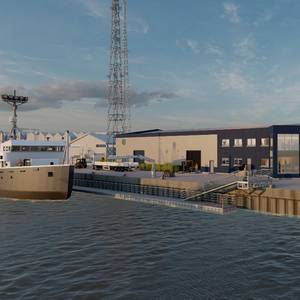
Construction has started on the operations and maintenance (O&M) base for the 1.1 GW Inch Cape Offshore Wind Farm at Montrose Port in Angus, Scotland.The base will expand Inch Cape’s existing presence at Montrose, where its marine coordination center is already located, and confirms the port’s role as a major Scottish offshore wind hub.
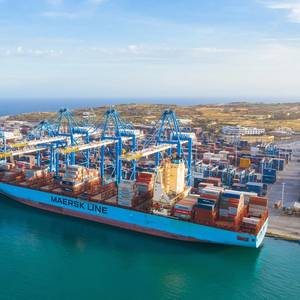
The world's first commercial-scale e-methanol plant began operations in Denmark on Tuesday, with shipping giant Maersk set to buy part of the production as a low-emission fuel for its fleet of container ships.The shipping sector is under pressure to find new sources of fuel after a majority of countries gave their backing to measures to help meet the International Maritime Organization's targets
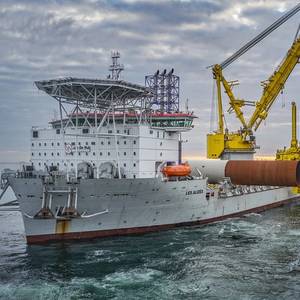
Belgian offshore installation contractor Jan De Nul has secured a contract for the installation of monopiles for 72 offshore wind turbines that will make up the 1.1 GW Inch Cape offshore wind farm in Scotland.Inch Cape offshore wind farm, being developed by ESB and Red Rock Renewables as equal joint owners, recently reached financial close and is now progressing into construction.